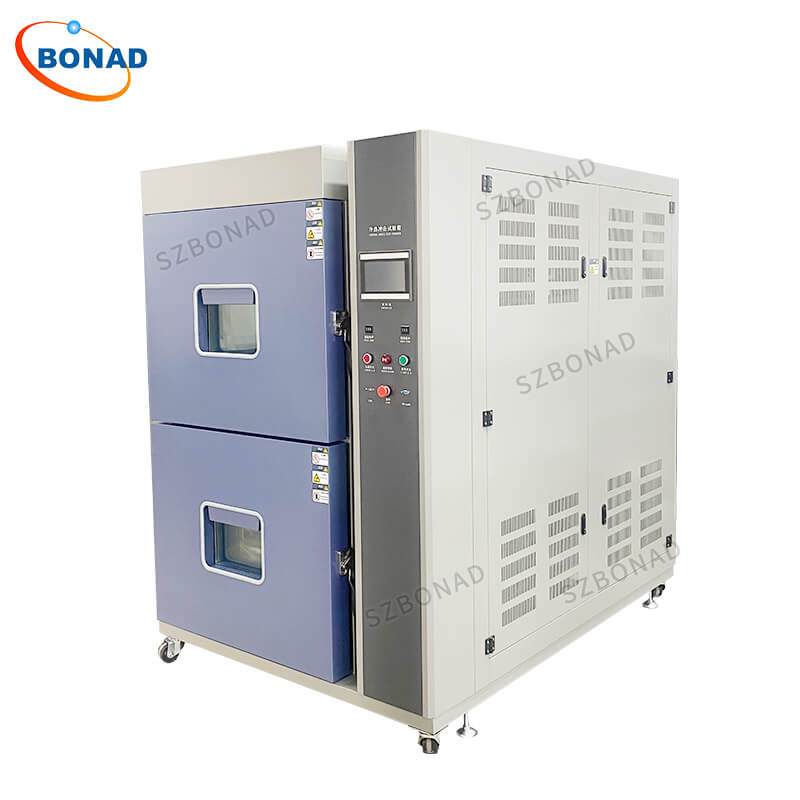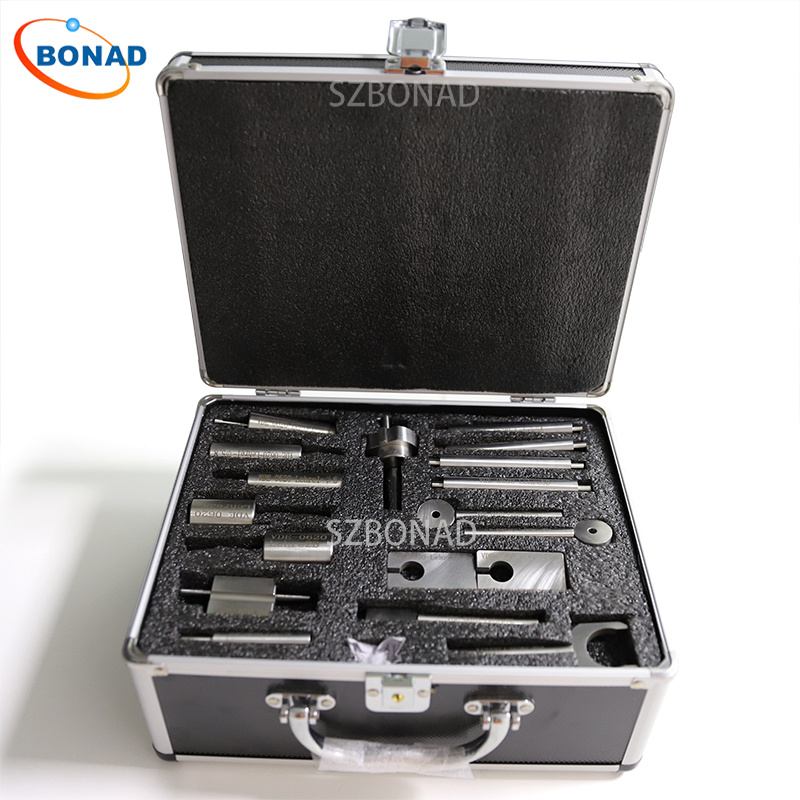Thermal shock testing is a critical process used to assess the durability and reliability of materials, components, or devices when exposed to sudden and extreme temperature variations. This testing aims to evaluate how well the test subject can endure rapid temperature shifts, which can induce stress and potentially lead to failure in practical applications. Industries such as electronics, aerospace, automotive, and materials science frequently utilize this type of testing.
During thermal shock testing, samples are subjected to alternating cycles of high and low temperatures. These temperature changes occur swiftly to replicate the severe conditions that materials may face throughout their operational lifespan. The intensity of the test is tailored according to the specific application requirements and desired reliability standards.
A standard procedure for conducting thermal shock testing includes:
- Test Preparation: The sample is equipped with sensors to track temperature changes and any potential alterations during the test.
- High-Temperature Phase: The sample is placed in a high-temperature environment for a designated period, chosen based on the test’s goals and application conditions.
- Rapid Transition: Following exposure to high temperatures, the sample is quickly moved to a low-temperature setting. The speed of this transition is crucial for accurately simulating real-world conditions.
- Low-Temperature Phase: The sample remains in the low-temperature environment for a specified duration.
- Cycle Repetition: The sequence of high-temperature exposure, rapid transition, and low-temperature exposure is repeated for a set number of cycles.
- Monitoring and Evaluation: Throughout the test, any changes in physical properties, structural integrity, or functionality are closely observed. Post-test analysis involves inspecting the sample for signs of damage such as cracks or fractures.
The results from thermal shock testing provide valuable insights into a material’s capacity to handle rapid temperature changes and its overall reliability. At BONAD, our team leverages this data to enhance thermal shock test equipment, ensuring superior testing performance and durability in real-world scenarios.



